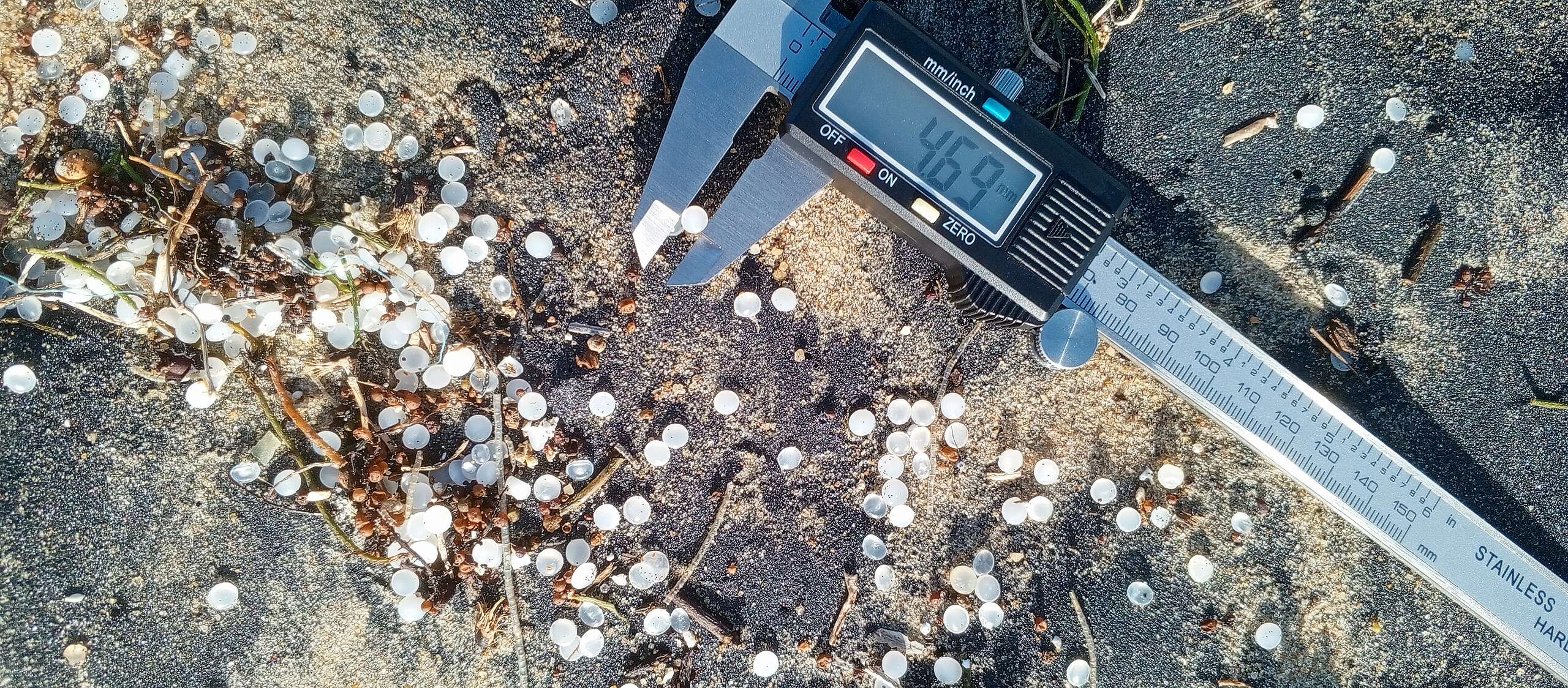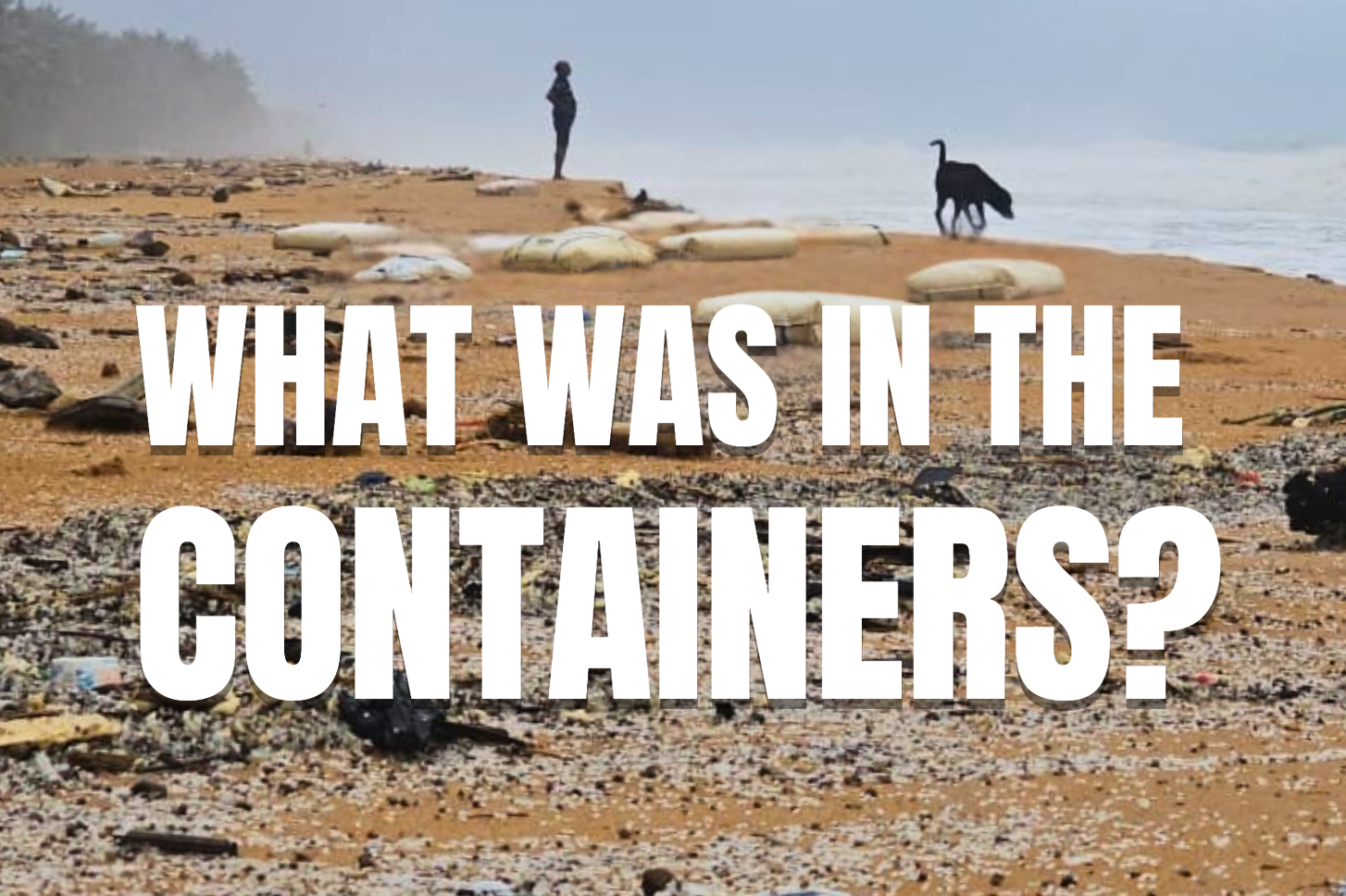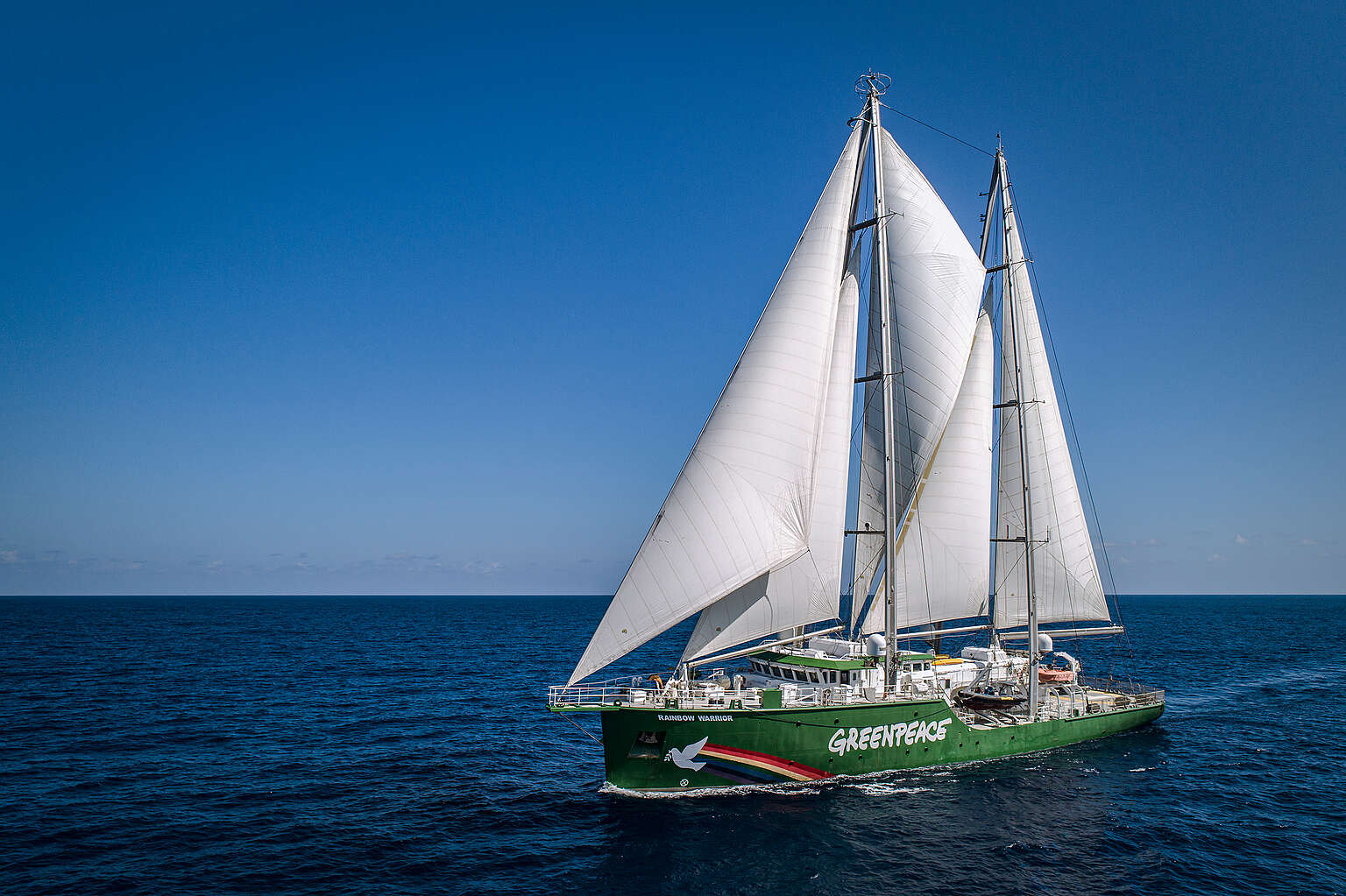To,
Dr Jitendra Singh
Hon’ble Minister of State (I/C), Ministry of Science & Technology, Ministry of Earth Sciences,
Dear Sir,
We write this letter during the resumed fifth and final round of negotiations towards a Global Ocean Treaty (BBNJ), running from 20th February to 3rd March (IGCfinal). This is the last chance for governments to secure a Global Ocean Treaty; a crucial mechanism for establishing a network of high seas ocean sanctuaries, without which it will be near impossible to achieve the globally agreed goal of protecting at least 30% of the world’s oceans by 2030 (30×30). In 2021 India also committed to defending the oceans, by means of conservation and sustainable use of oceans, seas and marine resources by joining the High Ambition Coalition for Nature and People which aims to promote an international agreement to protect at least 30% of the world’s land and ocean by 2030. India’s vast coastline of over 7500km is a source of livelihood to millions of people, especially small-scale fisherfolk. Protecting the seas, and the people and animals that depend on them is an issue that needs urgent attention.
As you must be aware, in spite of the considerable progress achieved at IGC5 in August 2022, governments did not agree to a Treaty. The talks were suspended due to the lack of timely and adequate agreements on key issues such as financial contributions and access and benefit sharing of marine genetic resources. This special resumed session is the last opportunity for Governments to deliver a Treaty with enough time to spare to make 30×30 a reality.
As we approach the last leg of this final negotiating round, progress on key issues have been slow. Some issues that were close to concluding in August have been reopened, while there remains considerable disagreements on issues requiring political agreements. It’s crucial that delegations display flexibility and urgently seek compromises before time runs out. The oceans and the billions of people who depend on them cannot afford another delay. A failure to conclude IGCFinal without a Treaty would inevitably bring a loss of momentum and an erosion of public and political trust in the process, and may prove fatal to hopes of ever securing a Treaty.
Some of the key outstanding issues are:
- While there has been some considerable progress on access and sharing of benefits from marine genetic resources, including monetary benefits, there is still a divide on how to operationalise the mechanism
- The financial mechanism to support effective and equitable implementation of the Treaty
- Whether the Treaty can create effectively managed marine protected areas (MPAs) without deferring to existing organizations
- Decision making modalities, including the possibility for Parties to “opt out” from MPA obligations
- Ensure global minimum standards that bring forward moder best practices for conducting environmental impact assessments
All of these issues are resolvable. But ministerial-level intervention is critical to unlocking the talks and getting IGCFinal back on track towards a final agreement. We urge you to show political leadership by:
- Defending a Treaty that can create effectively manage fully and highly protected ocean sanctuaries, with a way to go beyond consensus and decisions that are binding to all parties
- Focus on finding common ground to operationalise benefit sharing from Marine Genetic Resources in a fair and equitable way
- Making the Treaty your number one priority over the next week:
- be available 24/7 to direct your delegates
- step up diplomatic outreach to overcome barriers
- be ready and willing to travel to the United Nations
- Write to the UN Secretary General, to request that they make a statement calling for an urgent conclusion to the process at this session.
- Strengthen national regulations related to ocean conservation to align with the principles of the global ocean treaty. This can include measures like expanding marine protected areas, and reduce marine pollution and ocean acidification.
- Support a global moratorium on deep sea mining and put the country’s deep sea mining plan on hold
- Support the small scale fishing communities, particularly those engaged in sustainable fishing practices
The Global Ocean Treaty will be the biggest conservation effort in history, and it’s well within our grasp. But it requires the Indian Government to step up diplomatic efforts and fight for ocean protection, by championing the conclusion of a strong, fair and equitable agreement, capable of protecting at least 30% of the oceans by 2030.
Thank you.
Regards
On behalf of Greenpeace India and Mineral Inheritors Rights Association




Discussion
Your knack for storytelling really enhances your blog. This was another engaging and informative post.
This is one of the best articles I've read on this subject. Thank you for sharing your insights.
This blog post was very informative and presented a unique viewpoint. Keep up the great work!
Your perspective on this issue is truly refreshing. Thank you for shedding new light on this topic!
please save the oceans. The climate changes are already imposing great threats to human race, we all have seen what happened in california few months back. This is high time we save the ecosystems and it will be more of a kindness to ourselves than to our dear friends of the deep sea.
Please, please save oceans creatures. Stop oceans mining. Stop to give profit to reach people.